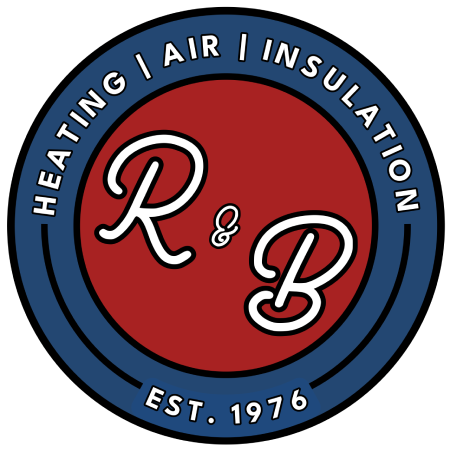Frequently Asked Questions:
General HVAC Questions
HVAC stands for Heating, Ventilation, and Air Conditioning. It refers to the systems used to regulate indoor temperature, air quality, and comfort.
It’s recommended to service your HVAC system at least twice a year—once before the heating season and once before the cooling season.
The size of your system depends on your home’s square footage, insulation, climate, and other factors. A professional technician can perform a load calculation to determine the right size.
Heating Questions
This could be due to a variety of reasons, such as a dirty filter, thermostat issues, or a malfunctioning pilot light. A professional inspection can help pinpoint the problem.
Most furnaces last 15–20 years with regular maintenance.
A furnace generates heat by burning fuel, while a heat pump transfers heat from the outside to the inside. Heat pumps are more energy-efficient in moderate climates.
Air Conditioning Questions
This could be due to issues like low refrigerant levels, a dirty condenser coil, or a clogged air filter.
Regular maintenance, using a programmable thermostat, and sealing your home’s ducts can help improve efficiency.
Most AC units last 10–15 years with proper care.
Indoor Air Quality Questions
Use air purifiers, regularly change filters, clean ducts, and consider installing a whole-home air filtration system.
This could be due to leaky ducts, a dirty HVAC filter, or poor ventilation.
Yes, when equipped with high-quality filters or air purifiers, HVAC systems can help reduce allergens in the air.
Maintenance Questions
Skipping maintenance can lead to reduced efficiency, higher energy bills, and costly repairs or replacements down the line.
Typically every 1–3 months, depending on the type of filter and your home’s conditions (e.g., pets, allergies).
Unusual noises, uneven temperatures, frequent cycling, or rising energy bills may indicate your system needs attention.
Replacement Questions
Consider replacement if your system is over 10–15 years old, requires frequent repairs, or no longer efficiently heats or cools your home.
Costs vary depending on the system size, brand, and installation complexity.
Yes, but it’s often recommended to replace both at the same time to ensure compatibility and efficiency.
Energy Efficiency Questions
SEER stands for Seasonal Energy Efficiency Ratio, which measures the efficiency of an air conditioner. Higher SEER ratings indicate greater efficiency.
Regular maintenance, sealing ducts, upgrading insulation, and using energy-efficient equipment can all help reduce energy costs.
Yes, they help regulate your home’s temperature more efficiently, saving energy and money.
Emergency Services Questions
Yes, we provide emergency repairs to ensure your comfort and safety.
First, check the thermostat, circuit breaker, and filters. If the problem persists, contact us for professional assistance.
We prioritize emergency calls and strive to respond as quickly as possible, often the same day.

